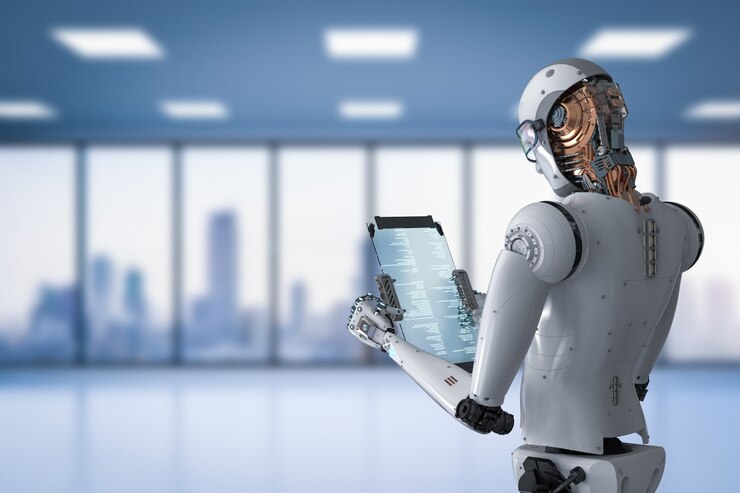
In a world where job and social dynamics are changing due to technological advancements, artificial intelligence (AI) integration has become an important aspect of day-to-day living. AI is having a huge and diverse impact on everything, from robotic restaurant operations like Flippy’s Cali Express in California to AI-powered adaptive learning platforms like Google.
Emmanuel Isabirye, a lecturer at Uganda Christian University (UCU) specialising in computing and technology, emphasises the pivotal role of AI in addressing global challenges and catering to the diverse needs of the upcoming generation, often referred to as ‘Generation Z’. Isabirye predicts that AI will revolutionise education by offering personalised learning experiences and targeted support systems to address individual learning styles and challenges.
Martha Wamala, a second-year business administration student, highlights the convenience and efficiency AI brings to research and daily tasks. She notes reduced human error through the computerisation of ordinary activities, such as regulating cooking time with AI timers.
Similarly, Kelly Lambda, a Social Work and Social Administration (SWASWA) student at UCU, highlights the importance of AI to enhance medical diagnosis and treatment, leading to better health outcomes. Lambda mentions AI’s ability to analyse medical images with high accuracy, aiding in the early detection and diagnosis of diseases. “AI algorithms can analyse medical images like X-rays, CT scans, and mammograms with high accuracy, aiding in early detection and improved diagnosis of diseases like cancer,” Lambda said.
However, regardless of AI’s usefulness, the uncontrolled advancement of artificial intelligence poses concerns about its potential challenges.
Isabirye echoes these concerns, emphasising the need for a balanced understanding of AI’s implications. He acknowledges the potential for job displacement and ethical dilemmas. “Whereas AI creates new opportunities, certain traditional roles may become obsolete, demanding a proactive approach to reskilling and upskilling the workforce.” He commented.
Moreover, Isabirye and Wamala both raise concerns about the potential societal impacts of AI, including screen addiction, loss of face-to-face communication skills, and a decline in critical thinking abilities.
As the integration of AI becomes more prevalent in education, Isabirye emphasises the importance of fostering a discerning approach to technology to prevent misuse, such as students relying on AI to complete assignments.
In addition, Wamala says, “In time, AI will slow down the way we think, the way we use our natural knowledge, and cause a backslide.”
According to Andrew Bugembe, from the UCU communications department, people all around the world are crippled, and students are becoming less productive and less motivated to pursue research since AI can take care of everything for them.
“Whenever AI is not utilised properly, it can mislead the user, especially if they are not skilled in its application.” He pointed it out.
Artificial intelligence (AI) has several benefits when it comes to everyday life and education. These benefits range from improved medical diagnosis to individualised learning experiences. However, to ensure an AI revolution that looks out for the interests of future generations, concerns regarding the technology’s possible disadvantages and negative effects on society must be addressed.
Want more honest content like this? Join our WhatsApp channel